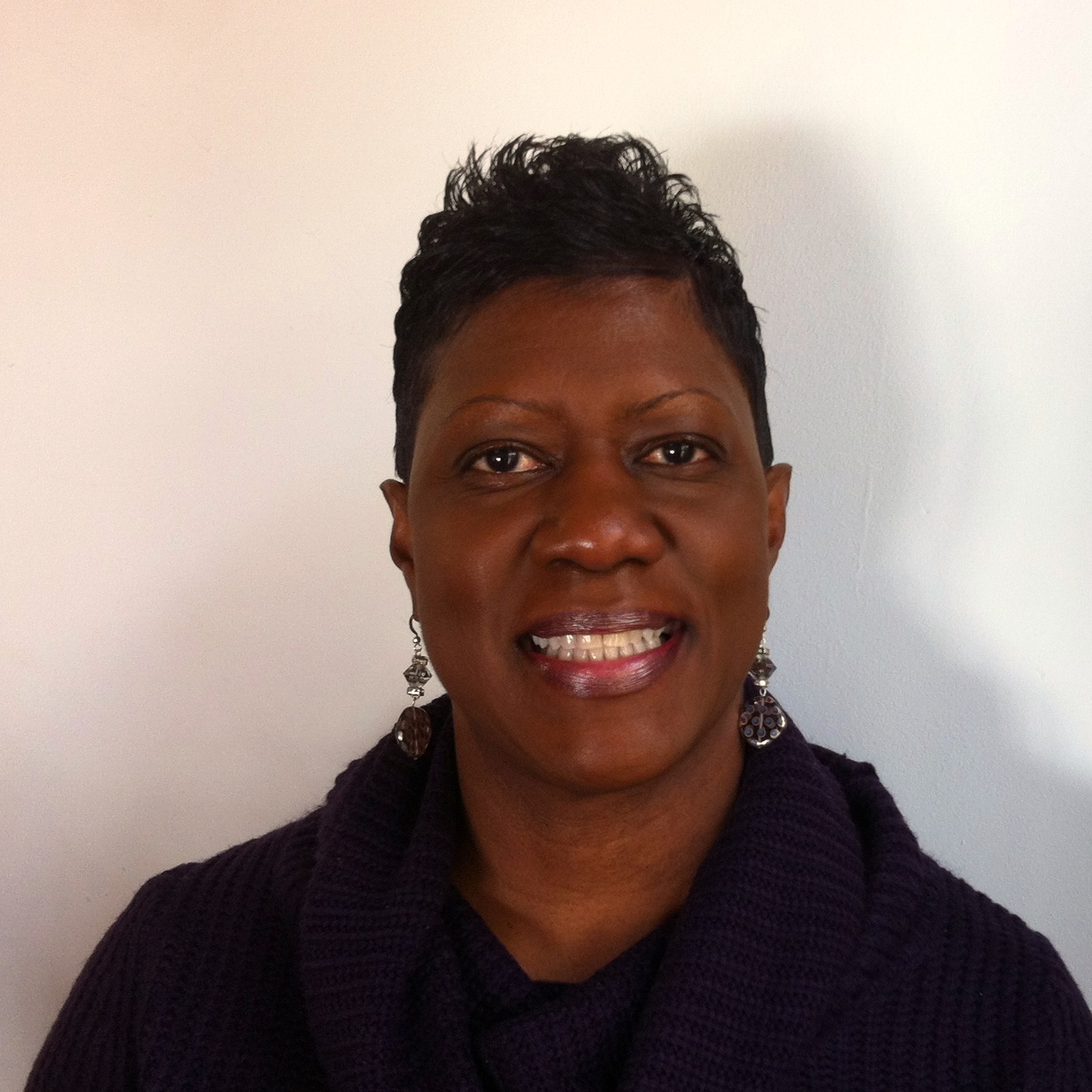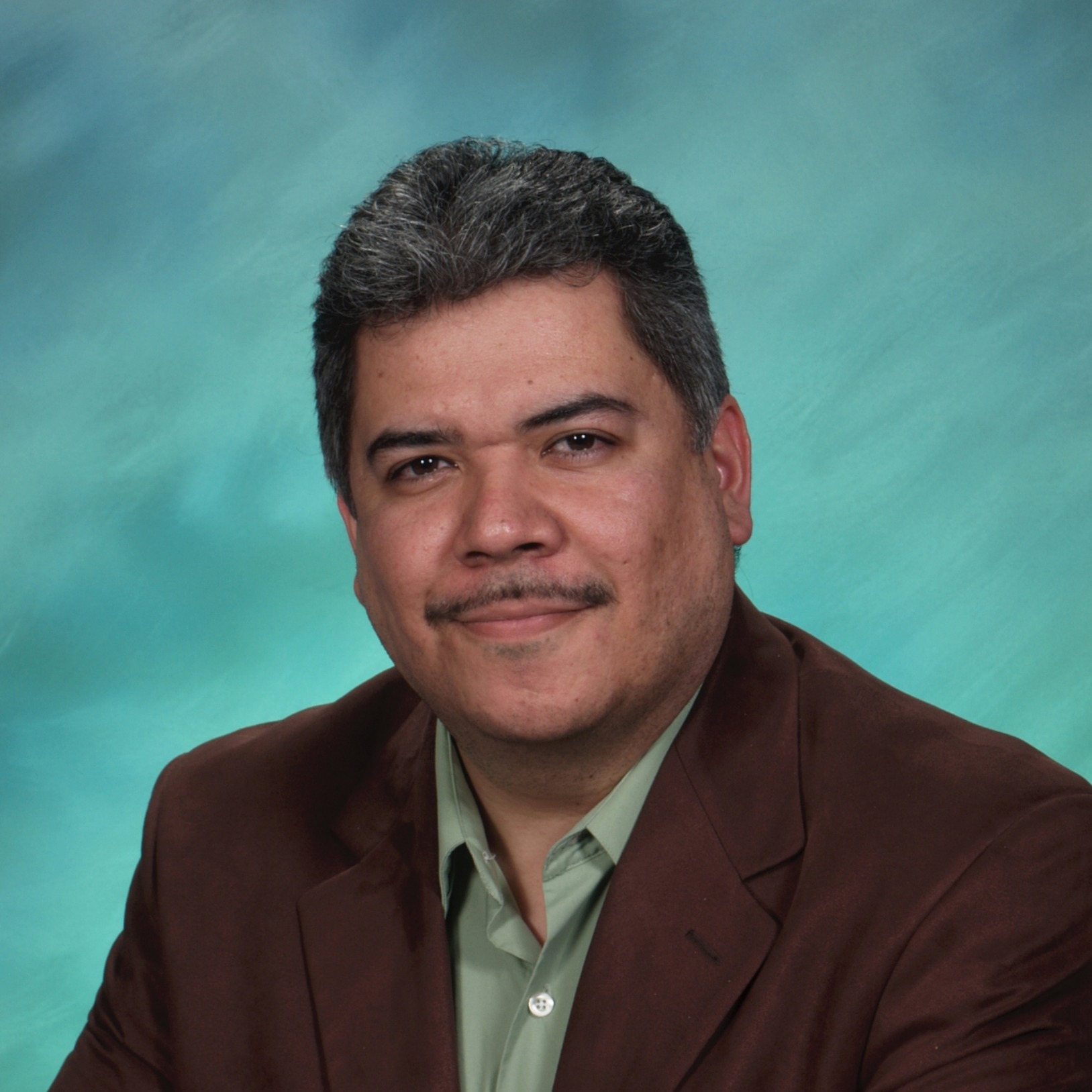Champions of Change Blog
Remaking Main Street
Posted by on March 5, 2012 at 4:49 PM EDT A street is not just a street.
A street is not just a street. What I mean is, a street should be thought of as much more than just a place for a car to get from A to B. Streets are public spaces, not unlike parks, community centers, or libraries. Sound crazy? It’s not. Streets are spaces where we come together and engage in the world with each other. By limiting the form and functionality of streets to the needs of cars, we cheat ourselves of the well-being these public spaces can provide for our communities and our lives.
This is not a new concept. An image search of "Italian piazza" will return pictures of complete streets that have been around for millennia, and still function today as some of the most vibrant public places in the world. Bikes, pedestrians, cars and commerce flow together in a beautiful setting.
In addition to having an impact on our social behavior, streets also have an impact on our environment. We often assume that the impact is negative...but what if it was neutral, or even positive?
That is what the Edmonston Green Street is all about - combining the principles of "complete streets" and sustainability into a new model of Main Street, taking to heart the reality that "everything is connected."
Edmonston, Maryland, is a small town located outside of Washington, D.C. that straddles the Anacostia River. I served as its Mayor from 2005 through 2011. We are a small, working class community of 1,400 diverse people, mostly African-American and Latino, with significant populations of White, Asian, and or some combination thereof. I like to say that we are diverse in every way except that we don’t have any rich people.
From 2003 through 2006 we suffered from terrible flooding. However, the floods did not come from the river, they come from parking lots. When rain lands on concrete or asphalt, it runs downgrade into a stormdrain, disappears underground, channelling through systems of pipes as it combines with rain from thousands of other stormdrains into an underfoot river, ever rushing toward lower ground. In my area, that lower ground was Edmonston.
In a storm, these raindrops can amass into a formidable force (to give you an idea, an average thunderstorm carries an estimated 1,620 trillion raindrops). They carry a lot of unwanted baggage (trash, pollution, sewage) and too much too fast can devastate a community, like Edmonston, with terrible flooding.
With the help of our county government, we were able to find a solution to our flooding, and learned valuable lessons in the process.
We learned that our behavior, especially the way we build, has an impact. The flooding downstream was the result of what was happening upstream. In turn, Edmonston is upstream from many other communities. We pledged to be as responsible as possible, as everything is connected.
Learn more aboutThe Makings of a Valued Housing Counselor
Posted by on March 1, 2012 at 12:15 PM EDT
It is a privilege to be recognized as a White House Champion of Change. Giving back to the community in which I work and live has been incredibly rewarding; to be recognized for doing something that I love makes this award even better.
I stumbled upon the Northeast Denver Housing Center over ten years ago after being laid off from a mortgage banking position, which I held for over thirteen years. I have to be honest, I had never heard of the Northeast Denver Housing Center, a non-profit organization that’s now been around for 29 years, or the services that they offered. But I took a chance, interviewed and was hired and have been a faithful employee ever since. Even after being promoted to Program Director, I continue to provide counseling services to homebuyers, homeowners, renters and others in need of housing assistance. I could not imagine not being involved with counseling or not helping the people in my community.
Actualizing the American Dream for All Americans
Posted by on March 1, 2012 at 12:15 PM EDT
As our nation sank ever deeper into the subprime mortgage crisis over the past four years, Korean American homeowners in Southern California became particularly vulnerable to foreclosures and scams. In response to the growing need, I first started providing home foreclosure prevention counseling at our organization, Korean Resource Center (KRC) in 2008. Located in the heart of the nation’s largest Korean American community in Los Angeles, California, KRC was founded in 1983 with the mission of empowering and addressing the needs of traditionally underserved communities of color, primarily low-income limited English proficient (LEP) Korean American immigrants. It was to fulfill our mission that I took on KRC’s new Financial Empowerment program to address the sudden increase in home foreclosures. At first we expected to run this program on a short term basis, to assist the initial wave of homeowners who needed immediate assistance. There were other more established organizations better staffed to provide housing counseling and we envisioned KRC’s work in terms of connecting such organizations with the Korean American community. But once we started the program, we realized we had vastly underestimated our community’s need in this area.
For immigrants – in particular immigrants who are not proficient in English – it was simply not possible to receive assistance from existing English-speaking organizations. Even with our assistance in making the necessary preparations, consultations with housing counselors could be conducted only if a bilingual KRC volunteer was present to provide continuous interpretation. In other words, from the very moment we decided to assist homeowners with foreclosure issues, KRC was destined to become a housing counseling agency and provide direct consultation. As soon as I started working with homeowners, I began extensive training and applied for certification as housing counselor, then after much effort, KRC was approved by HUD as a counseling agency in 2010.
Owning a home is synonymous with achieving the American Dream and is a major achievement for any of us. This is particularly true for immigrants who leave behind everything dear and familiar, for a tenuous hope that they and their children might have better lives. Striving to navigate everyday challenges in an unfamiliar culture and language, immigrant families often work grueling hours for over twenty years to purchase a home. As tragic as it is for any American family to lose their home, for the immigrant family, it is equivalent to completely losing the one dream they have sacrificed everything for.
In trying to save their home, the biggest problem for immigrants is the language barrier and lack of information in accessible languages. In one case, a KRC client who applied for a government-sponsored loan modification program misunderstood a call he received from his lender due to limited English skills. When the caller mentioned “loan modification” the client thought the bank was finally approving her loan modification application so she said yes. Unfortunately, the caller was asking whether the client wished to cancel his application to the government-sponsored loan modification program, and instead apply for a loan modification program from a private bank. Because she said yes, her application was canceled and it took many months of hard work to restore her application. Another client contacted me after a long communication with his bank. He thought the bank had approved his loan modification and would send him a final loan modification approval letter. When the document arrived, he happily brought it to me to confirm the contents, only to have me explain that it was a statement demanding full mortgage payment and not a loan modification approval letter.
To make matters worse, the surge of fraudulent or unreliable “housing counselors” and “agencies” in the aftermath of the mortgage crisis has become a national issue, leading to the creation of the National Loan Scam Alert Campaign. Unscrupulous activities by such persons make the work so much harder for homeowners who already have great difficulty talking to bank representatives and counselors, interfering with a critical channel of communication for homeowners who are struggling to get help with their mortgage. Some limited English proficient (LEP) Korean American homeowners simply give up communicating with banks due to the language barrier, instead paying a broker to communicate with the bank on their behalf. Some of these homeowners become victims of scams. I and other KRC staff have worked on such cases where the homeowner paid exorbitant fees only to have the broker disappear without completing the promised work or sending the required paperwork to the bank. In one extreme case, a broker tricked the homeowner into changing the property title and as a result nearly lost his home. These are just some of the examples. To illustrate the desperate need for culturally and linguistically appropriate assistance, when KRC first started a Korean language hotline, we received a vast number of calls and not just from within California but also from Nevada, even from Virginia!
Of course, counseling does not help all homeowners to save their homes from foreclosure but it can provide important timely information, allowing them to assess their situation clearly then choose the best option. Serving our community members this way, not only helps to fulfill the "American Dream" of individual families, but also protects community assets and the American economy as a whole. It is this belief that sustains me through long hours of discussions with clients over many complicated documents.
Hee Joo Yoon is the Program Director at Korean Resource Center (KRC).
Homeowning 101: Lessons to Stay Afloat from NeighborWorks Waco
Posted by on March 1, 2012 at 12:00 PM EDT
On behalf of all the housing counselors in the NeighborWorks® America network, it is my honor and great privilege to have been nominated and to have received the White House’s Champions of Change award. Thousands of housing counselors across the nation commit numerous hours on a weekly basis to assist families facing foreclosure. I am truly humbled to be the one to represent the NeighborWorks® America network, my employer, NeighborWorks® Waco, and the Greater Waco area, as we strive to keep the American Dream alive by helping families avoid foreclosure.
As foreclosure numbers continue to rise, so do the number of homeowners being victimized by loan scam artists. It's a problem that continues to grow not only in Texas, but also nationwide. Therefore, it is extremely important for homeowners to contact their lender and a HUD approved counseling agency prior to becoming delinquent or immediately thereafter to avoid foreclosure or falling prey to a scam artist.
In November 2010, NeighborWorks® Waco launched an educational campaign in the Central Texas area to let homeowners know who the trusted sources were and what to watch out for when scam artists were trying to trick them, as well as uncovering the various options available to avoid foreclosure. It is important to note that most lenders will encourage you to contact a HUD approved counseling agency to receive credit counseling, but beware of foreclosure scams. Contacting the lender to prevent foreclosure can be very intimidating especially if the homeowner has never been delinquent or had the need for foreclosure intervention counseling. However, seeking the guidance of a housing counselor provides assurance that there is a trained professional and HUD certified counselor advocating on your behalf.
Saving our American Dream
Posted by on March 1, 2012 at 12:00 PM EDT
I have always admired the leaders that motivate change for the good of all people. A leader is someone who is not afraid to take chances for the greater good. A leader is courageous, innovative, inspiring and conscientious. Because of such, I am grateful for the opportunity to be honored as a White House Champion of Change. I began deliberating about what affordable housing means to the communities in which we live. A home is more than a place to live; it is a financial asset, a place to raise a family and an investment in the community. In many instances, a home is the only asset that many low to moderate income households will ever possess. It is a means to remove oneself out of poverty. It provides stability to families and neighborhoods. In turn, communities grow and prosper, broaden their tax base, and create new jobs and promote pride within the community.
The ways in which we create affordable housing and maintain the current housing stock must transcend the traditional norms of how we do business. Rebuilding existing dilapidated neighborhoods is essential to providing safe, descent and affordable housing to people in need, and it could not be accomplished without the recognition from funding sources and local governments. However, we must begin to understand the need to broaden our horizons with regards to where we create housing and how we expand these services beyond the inner cities and rural communities. We must acknowledge that every human being deserves affordable housing throughout all neighborhoods. In order to assist low-to-moderate income households with creating wealth, we must understand that these populations must recognize how others with increased access to wealth live. In other words, placing poor people amongst other poor people creates desperation and isolation, not motivation and prosperity. We must begin to address the needs in a non-judgmental and respectful manner to promote economic and social self-sufficiency.
Counseling for Better Outcomes
Posted by on March 1, 2012 at 11:45 AM EDT The news about the housing market has been a constant stream of bad news over the last several years. Housing values have plummeted. Foreclosures have risen exponentially. Many families have lost their homes, and their sense of security. The American Dream of owning a home has been severely damaged.
The news about the housing market has been a constant stream of bad news over the last several years. Housing values have plummeted. Foreclosures have risen exponentially. Many families have lost their homes, and their sense of security. The American Dream of owning a home has been severely damaged. I live in Arizona, a state that has been especially hit hard by the housing crisis. Through my work at a U.S. Department of Housing and Urban Development certified housing counseling agency, I have seen first-hand the devastation to families that lose their home. My agency, Old Pueblo Community Services, provides free default and foreclosure prevention counseling services to home owners in need. Not a day goes by that another family calls, and tells me a story about their hardship, pain, and shame of losing their home.
- &lsaquo previous
- …
- 130
- 131
- 132
- 133
- 134
- 135
- 136
- 137
- 138
- …
- next &rsaquo
White House Blogs
- The White House Blog
- Middle Class Task Force
- Council of Economic Advisers
- Council on Environmental Quality
- Council on Women and Girls
- Office of Intergovernmental Affairs
- Office of Management and Budget
- Office of Public Engagement
- Office of Science & Tech Policy
- Office of Urban Affairs
- Open Government
- Faith and Neighborhood Partnerships
- Social Innovation and Civic Participation
- US Trade Representative
- Office National Drug Control Policy
categories
- AIDS Policy
- Alaska
- Blueprint for an America Built to Last
- Budget
- Civil Rights
- Defense
- Disabilities
- Economy
- Education
- Energy and Environment
- Equal Pay
- Ethics
- Faith Based
- Fiscal Responsibility
- Foreign Policy
- Grab Bag
- Health Care
- Homeland Security
- Immigration
- Innovation Fellows
- Inside the White House
- Middle Class Security
- Open Government
- Poverty
- Rural
- Seniors and Social Security
- Service
- Social Innovation
- State of the Union
- Taxes
- Technology
- Urban Policy
- Veterans
- Violence Prevention
- White House Internships
- Women
- Working Families
- Additional Issues

